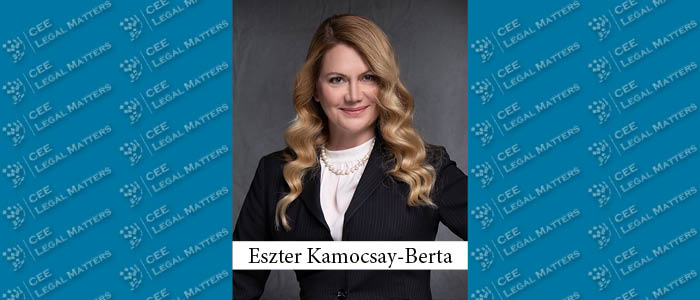In the Hungarian Gazette of 8 August 2024, four long-awaited decrees were published, which supplement and detail the provisions of the Hungarian ESG Act.
The decrees contain provisions in particular on the accreditation procedure and registration of ESG consultants, accreditation requirements and education of ESG consultants and criteria for institutions providing education for ESG consultants. Three of the four decrees entered into force on 9 August and one entered into force on 12 August.
Detailed procedural rules for the accreditation of institutions providing education for ESG consultants have been laid down. Accreditation under the Government decree is carried out by the Enterprise Development Agency (Magyar Gazdaságfejlesztési Ügynökség) and applications for accreditation may be submitted by recognised upper education institutions. The second (NGM) decree sets out provisions on the requirements for the accreditation of institutions providing education, the register of accredited institutions, the education of ESG consultants and fees for education and examination. Requirements for accreditation include, inter alia, that the applicant institution is not subject to bankruptcy or liquidation proceedings, is a taxpayer without public debt, and has at least two instructors who are registered as accredited ESG consultants under the ESG Act. The applicant shall also declare that it keeps the ESG course material up to date and will take on the task of providing further education for ESG consultants, by providing at least fifty hours of training and organising a professional conference. The register of accredited institutions is kept by the Enterprise Development Agency. The specific conditions for ESG consultant education and the minimum requirements for the course material are set out in Annex 1 of the NGM decree.
The requirements for accreditation as an ESG consultant are set out in an NGM regulation, under which both natural and legal persons can be accredited. According to this NGM regulation, in procedures initiated by 30 June 2025, the accreditation of ESG consultants is not conditional on the acquisition of a qualification, but only on the proof of a specific period of professional practice. In addition to other conditions for accreditation, legal entities must employ at least two natural persons who are registered as ESG consultants and who are employed or otherwise engaged in an employment relationship with the legal entity for at least 30 hours per week.
The fourth (SZTFH) decree sets out the rules of procedure for accreditation as an ESG consultant and the registration of ESG consultants, which is carried out by the Supervisory Authority for Regulated Activities (SZTFH).
We are still waiting for the publication of regulations which set out important detailed rules for the application of the provisions of the ESG Act, thus monitoring the legislation is highly recommended.
By Eszter Kamocsay-Berta, Managing Partner, KCG Partners Law Firm




